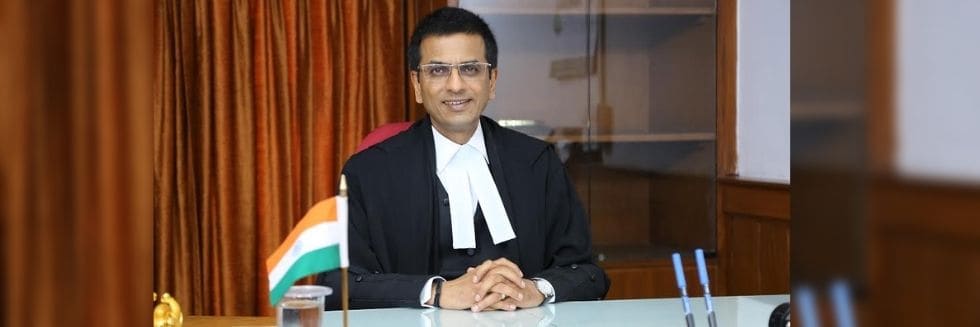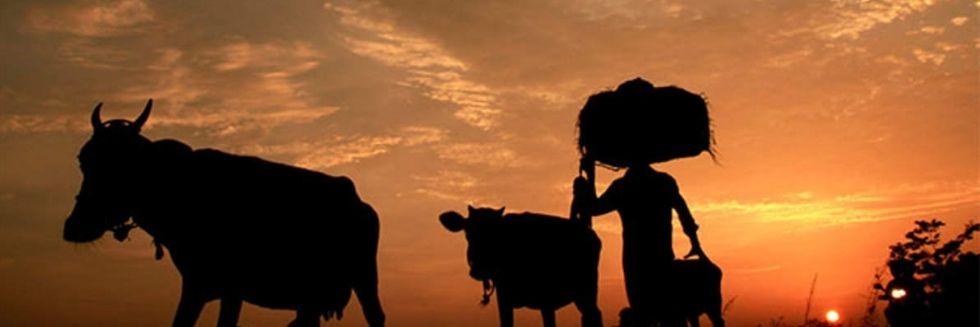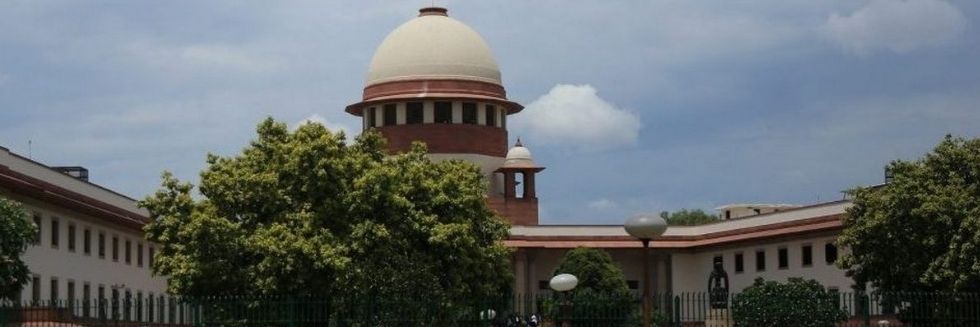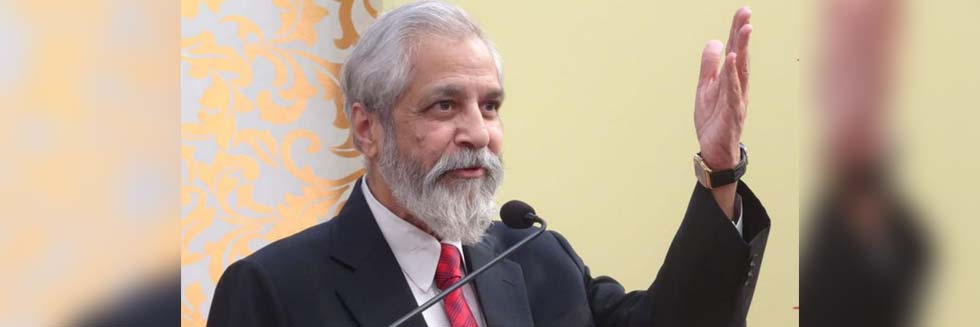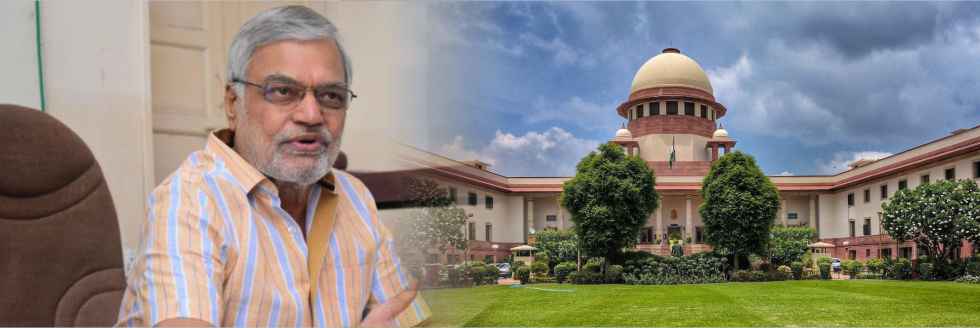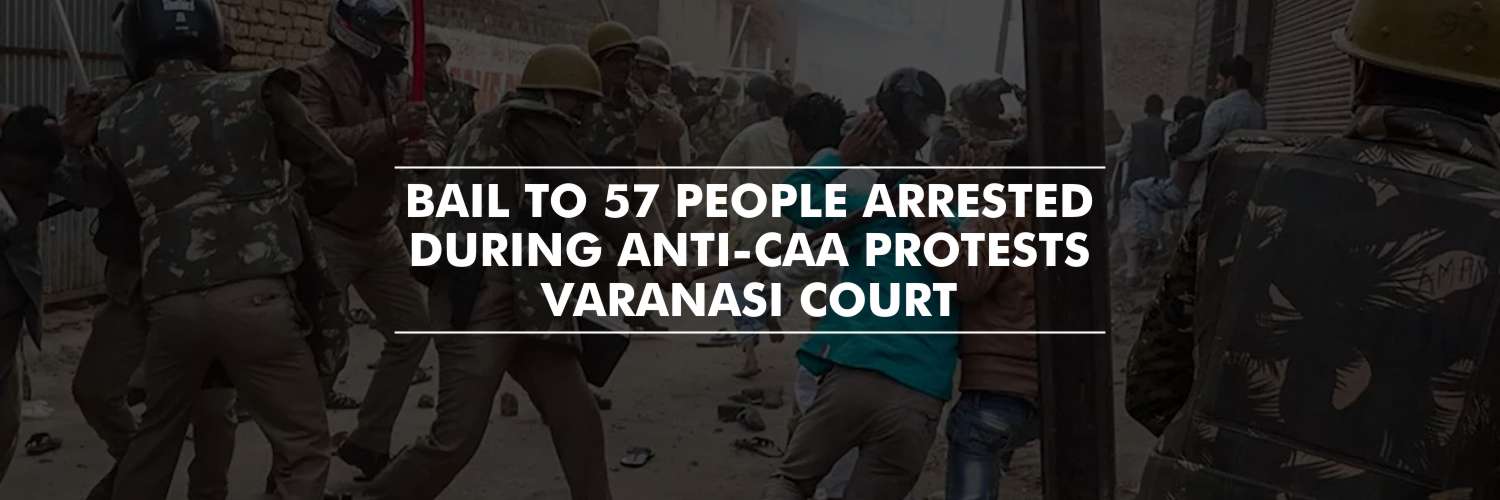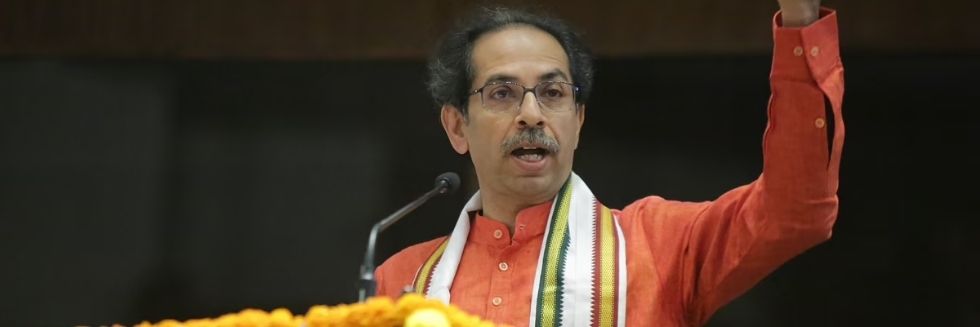While speaking on the 13th B.R. Ambedkar Memorial Lecture, 2021, Supreme Court judge Justice Dhananjaya Yeshwant Chandrachud highlighted the need to end caste discrimination and follow the ideas of Dr. Bhim Rao Ambedkar to bring a change in the society.
“In the Indian context, castelessness is a privilege that only the upper caste can afford because their caste privilege has already translated into social, political and economic capital. On the other hand, individuals who belong to the lower caste have to retain their caste identity in order to claim the benefits of measures such as reservation, which are in themselves a recognition of a historic harm,” said Justice DY Chandrachud.
He also said that while the professional achievements of upper caste individuals are enough to wash away their caste identity, this can never be true for the lower caste individuals.
Justice Chandrachud was addressing a lecture on “Conceptualising Marginalisation: Agency, Assertion, and Personhood” on 13th B.R. Ambedkar Memorial Lecture 2021.
The event was organized by Indian Institute of Dalit Studies, New Delhi & Rosa Luxemburg Stiftung South Asia. The event was chaired Former UGC chairman and Chairman of Indian Institute of Dalit Studies Prof. Sukhadeo Thorat.
Conceptualising Marginalisation: Agency, Assertion, and Personhood
While delivering the lecture, Justice Chandrachud stated that a narrow concept of merit only allows upper caste individuals to mask their obvious caste identity. Such a narrow concept allows upper caste individuals to relegate the achievement of Dalits and others reserved classes as being a consequence of caste-based reservation afforded to them, he added.
Referring to the Jurist Michael Sandal authored book “Tyranny of Merit”, Justice Chandrachud stated, “Individuals with vast privilege can define their identity and success not as a consequence of their privilege but because of their belief that they have earned it through their ‘merit. The Supreme Court, through its decisions B.K. Pavitra v. Union of India, articulated a broader definition, which takes into account the accumulated caste privilege of the upper castes and the years of oppression suffered by the reserved castes.”
He further said, “Re-framing this definition has allowed the Courts to approach the debate of reservation from a different point of view, and it also changes the conversation surrounding reservation in the public arena Alas, it remains to be seen whether this can positively change the mindset of every individual of this country as well.”
Marginalised Groups Denied Their Rights Even After Constitution’s Existence
Justice Chandrachud also highlighted the caste based marginalisation in connection to other marginalised communities which include women, LGBTQ, and people with disabilities. He said that humiliation becomes a part of the society where there is oppression; it need not be direct and physical, it can be indirect and institutionalised.
He added, “Marginalisation does not only occur to members of the lower caste but for anyone who deviates from the ‘norm’ of the mainstream through their gender, sexuality, etc.”
Justice Chandrachud went on to add, “72 years ago we gave ourselves a constitution premised on justice, liberty, and equality for all. However, it was only in 2005 that women were regarded as equal co-partners, and only in 2018 that homosexuality was decriminalised. By repealing a discriminatory law, the discriminatory behavior is not automatically overturned. This is the institutional perpetuation of humiliation.”
During the lecture, he also said that even if a discriminatory law is held unconstitutional by the courts, or is repealed by Parliament, the discriminatory behavioural pattern is not immediately overturned.
He added, “It is necessary that the privileged members of the society break free from the shackles of the past, and confer respect and recognition to the members of marginalised communities.”
